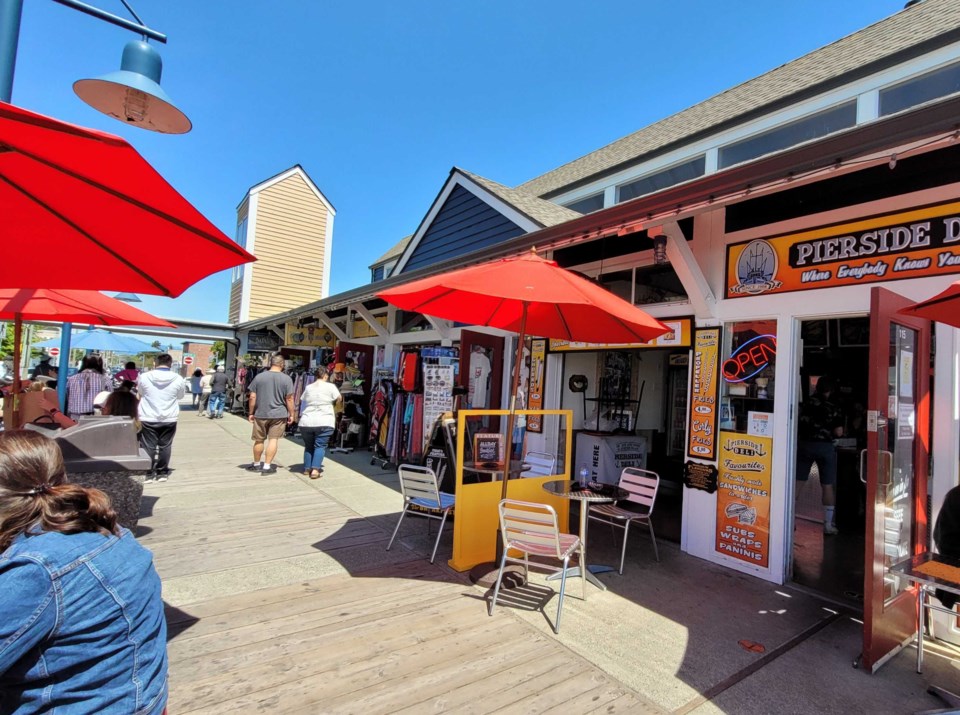Border closures, public health restrictions and the loss of foot traffic and travellers have all had major impacts on Richmond’s business and tourism sectors, according to the city’s business leaders.
“This year has been difficult for everybody. But it’s hard to say that everybody is suffering in the same way. Because of some of the significant shifts people have made in their business models, there have been some upsides to it,” said Carolyn Robertson, vice-chair of the Richmond Chamber of Commerce.
Pivoting to e-commerce, or shifting to a work-from-home model are just a couple of examples of how local businesses have coped. And many of those new ways of doing things could stick around even after the pandemic is over, said Robertson.
“I’ve heard from many who say, you know, this has actually helped us to look at things in a different way.”
According to a December 2020 report from the City of Richmond, construction, manufacturing, transportation and warehousing are some of the sectors that have been hardest hit.
However, there are also businesses that have experienced “significant growth and development,” said city spokesperson Clay Adams, such as Paper Excellence expanding into the U.S., and Corvus Energy expanding its Richmond battery manufacturing facility.
“The successes of these large businesses will inevitably benefit the community as a whole through added jobs and increased levels of innovation and capital investment,” he said.
Other businesses, said Robertson, pivoted in response to the pandemic — such as events company Scene Ideas, which became a custom manufacturer of Plexiglas barriers and PPE, and London Drugs which opened shelf space to struggling local businesses.
“It’s amazing what businesses have done in a difficult time to keep their employees on, to find new ways of creating revenue opportunities,” she said.
The tourism industry has also had to rethink its entire approach to marketing and developing destinations, said Nancy Small, CEO of Tourism Richmond,
With about 60 per cent of the city’s tourism base traditionally coming from international travel, Tourism Richmond has had to create new programs, focusing on promoting restaurants and attractions to those who live here — turning residents into tourists in their own city.
It’s something she considers an upside to the pandemic.
For example, she said, the Fairmont YVR began offering picnic kits including bike rentals to explore Richmond, as well as a Mexico-themed stay at the hotel.
“(It’s) given us an opportunity to talk to our residents, perhaps like we haven’t done before. And I think that’s been really, really exciting. I don’t see that going away even as we welcome (back) regional, domestic and international visitors,” Small said.
Robertson, meanwhile, hopes the focus on supporting local businesses will remain throughout the pandemic recovery.
“That’s a really important part — that we support our local service providers, retailers, restaurants in our community. In the end, we all have a common goal and we all have a part to play in it…in supporting each other in that recovery.”
To read the digital edition of the 2021 Best of Richmond, click here.



